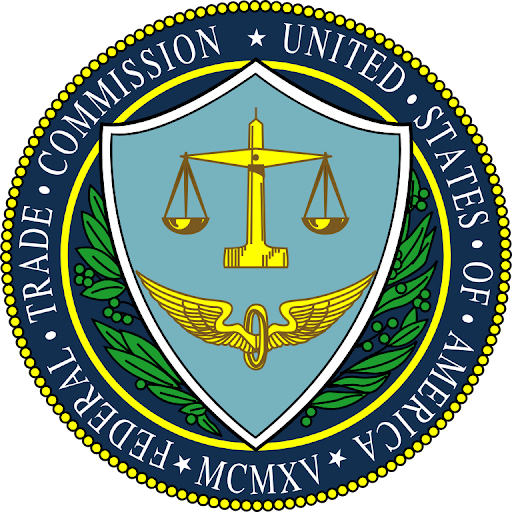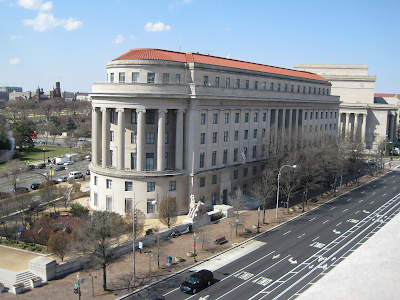The Role of the Federal Trade Commission: Protecting Consumers and Promoting Competition
The Role of the Federal Trade Commission
The Federal Trade Commission (FTC) is an independent agency of the United States government that works to protect consumers and promote competition in the marketplace. Established in 1914, the FTC enforces a variety of consumer protection and antitrust laws, ensuring that businesses operate fairly and honestly.
Consumer Protection
One of the primary responsibilities of the FTC is to protect consumers from unfair and deceptive practices. The agency investigates and takes action against companies that engage in fraudulent or deceptive behavior, such as false advertising, scams, and identity theft. Through its enforcement actions, the FTC seeks to ensure that consumers have access to accurate information and are not misled or harmed by unscrupulous businesses.
The FTC also provides resources and educational materials to help consumers make informed decisions and protect themselves from scams and fraud. The agency's website offers tips on topics such as identity theft, online safety, and avoiding deceptive marketing practices. Additionally, the FTC maintains a complaint database where consumers can report fraudulent or unfair business practices, which helps the agency identify trends and take appropriate action.
Promoting Competition
In addition to consumer protection, the FTC is tasked with promoting competition in the marketplace. The agency works to prevent anticompetitive practices, such as monopolies, price fixing, and deceptive trade practices, that can harm consumers and stifle innovation. By enforcing antitrust laws, the FTC ensures that businesses compete fairly and that consumers have access to a wide range of choices at competitive prices.
The FTC reviews mergers and acquisitions to determine if they would result in a substantial lessening of competition. If a proposed merger is found to be anticompetitive, the FTC can take legal action to block the merger or require the companies to make divestitures or other changes to address the antitrust concerns. This helps to preserve competition and prevent the consolidation of market power in the hands of a few dominant companies.
Enforcement and Collaboration
The FTC has the authority to bring legal actions against companies that violate consumer protection or antitrust laws. The agency can seek monetary penalties, injunctions, and other remedies to stop illegal practices and compensate affected consumers. In some cases, the FTC works with other law enforcement agencies, both within the United States and internationally, to combat cross-border fraud and deceptive practices.
The FTC also plays a role in developing and enforcing industry-specific regulations. For example, the agency has established rules to protect consumers in areas such as telemarketing, online privacy, and financial services. By setting standards and enforcing compliance, the FTC helps to ensure that businesses operate responsibly and that consumers are protected in their interactions with these industries.
Conclusion
The Federal Trade Commission is a vital agency that works to protect consumers and promote fair competition in the marketplace. Through its enforcement actions, educational resources, and collaboration with other agencies, the FTC plays a crucial role in safeguarding consumer rights and ensuring a level playing field for businesses. By upholding the principles of honesty, fairness, and competition, the FTC helps to create a marketplace that benefits both consumers and businesses alike.



Post a Comment